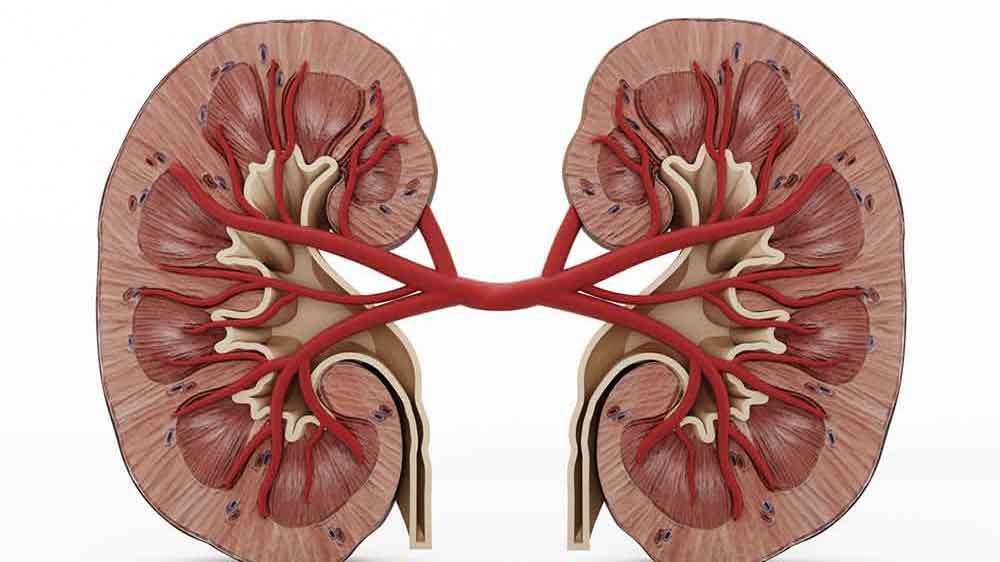Why Kidneys Form Stones

Our kidneys filter all the blood in our body 36 times a day. How on earth do the kidneys manage this herculean task? That is the question being researched by the National Center of Competence in Research Kidney.CH, for which UZH is the home institution. Kidney specialists at the universities of Zurich, Basel, Geneva, Lausanne and Bern, as well as various hospitals, have joined together to form the research conglomerate. They want to gain a better understanding of the processes in the kidneys at the molecular and genetic levels. Specific areas of their research are the regulation of oxygen by the naturally occurring hormone EPO, and the mechanism by which the kidneys maintain the correct balance of minerals, bases and acids. Another focal point is the question of why some kidneys form stones and others don’t, and what is the best way to prevent them.
Sixty percent of people who suffer from kidney stones have a genetic predisposition to the problem. Now a major study, the Swiss Kidney Stone Cohort, is examining whether and to what extent a kidney-friendly diet and an active lifestyle can compensate for the genetic disposition. The Swiss Kidney Stone Cohort is one of the world’s most comprehensive studies into kidney stones. The program began six years ago, and research with trial participants is set to continue until 2022.
Participants are still needed for the Swiss Kidney Stone Cohort, in particular healthy people for the control group. Healthy in this case means: Men or women who have never had kidney stones. Other health problems are not a barrier to participation. People in the control group are examined using the same methods as the kidney stone patients (blood and urine samples, food journal), and the samples are also stored anonymously in a biobank and made available for selected research projects.
Information and contact: NCCR Kidney.CH, University of Zurich, Winterthurerstrasse 190, tel. 044 635 52 16, info@NCCR-Kidney.ch, www.nccr-kidney.ch